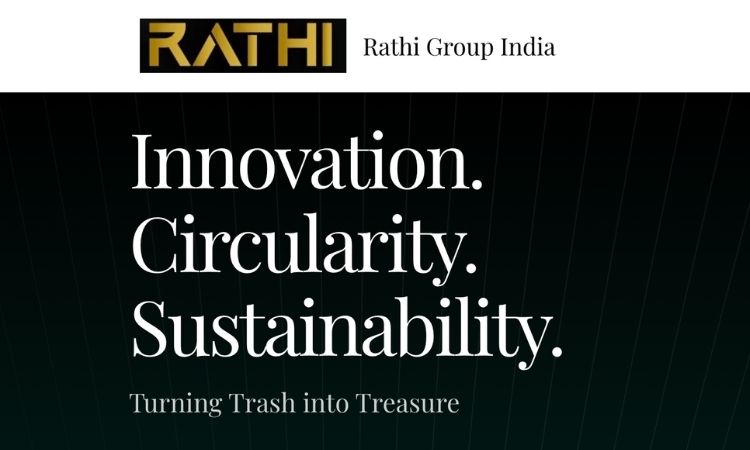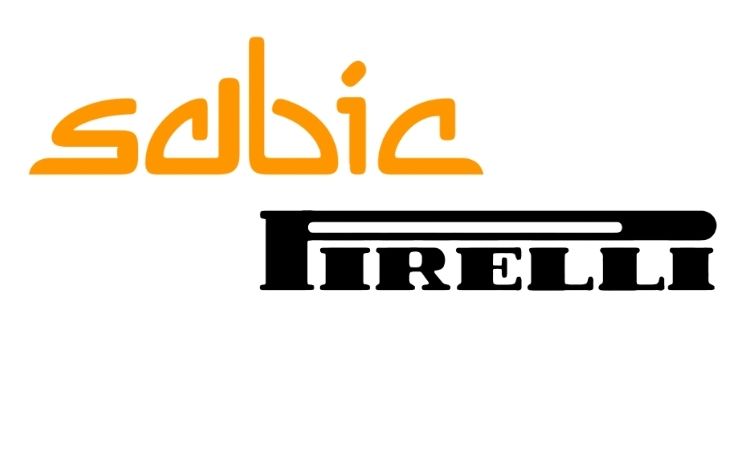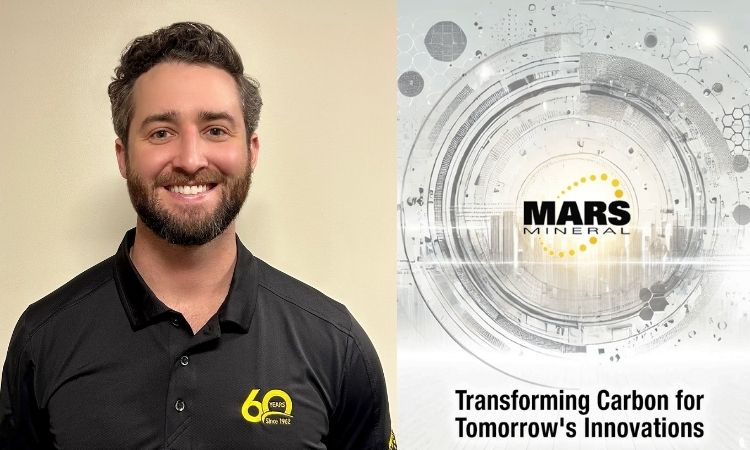Spain sets end-of-waste criteria for recycled rubber from tires
Recently published by Spain's Ministry for the Ecological Transition and Demographic Challenge Order 1522/2021 defines end-of-waste criteria for recycled rubber from end-of-life tires, opening up new market options for these materials.
SIGNUS – Spanish end-of-life tire management authority – welcomes the decision since it gives legal certainty and assures that cross-border trade can take place on an equal footing and with the same opportunities as any other product, while also eliminating administrative and associated procedures for waste transport and export.
End-of-life tires recycled rubber meets the standards for the legal status transformation from waste to product. These requirements are that the resulting substance or object is used for specific purposes; that there is a market or demand for that substance or object; that it meets the technical requirements for the specific purposes, as well as existing legislation and standards applicable to the products; and, finally, that its use has no negative environmental or health impacts.
The end-of-waste condition is applied when the recycled rubber leaves the operator's installation after it has been separated from the original tire.
The end-of-waste criteria established for the use of recycled rubber obtained, either in the form of a granule or in the form of powder, are focused on the following uses: artificial turf fields and bases for other sports fields, playground pavements, sports courts and safety pavements, moulded parts and rubber articles, and bituminous mixtures.
Other European countries, including Italy, Latvia, Portugal, and the United Kingdom, have already regulated the end of waste status for rubber obtained through the treatment of this waste. In keeping with the principles of the Circular Economy, this regulation creates new opportunities and markets for these materials.
Weibold is an international consulting company specializing exclusively in end-of-life tire recycling and pyrolysis. Since 1999, we have helped companies grow and build profitable businesses.









